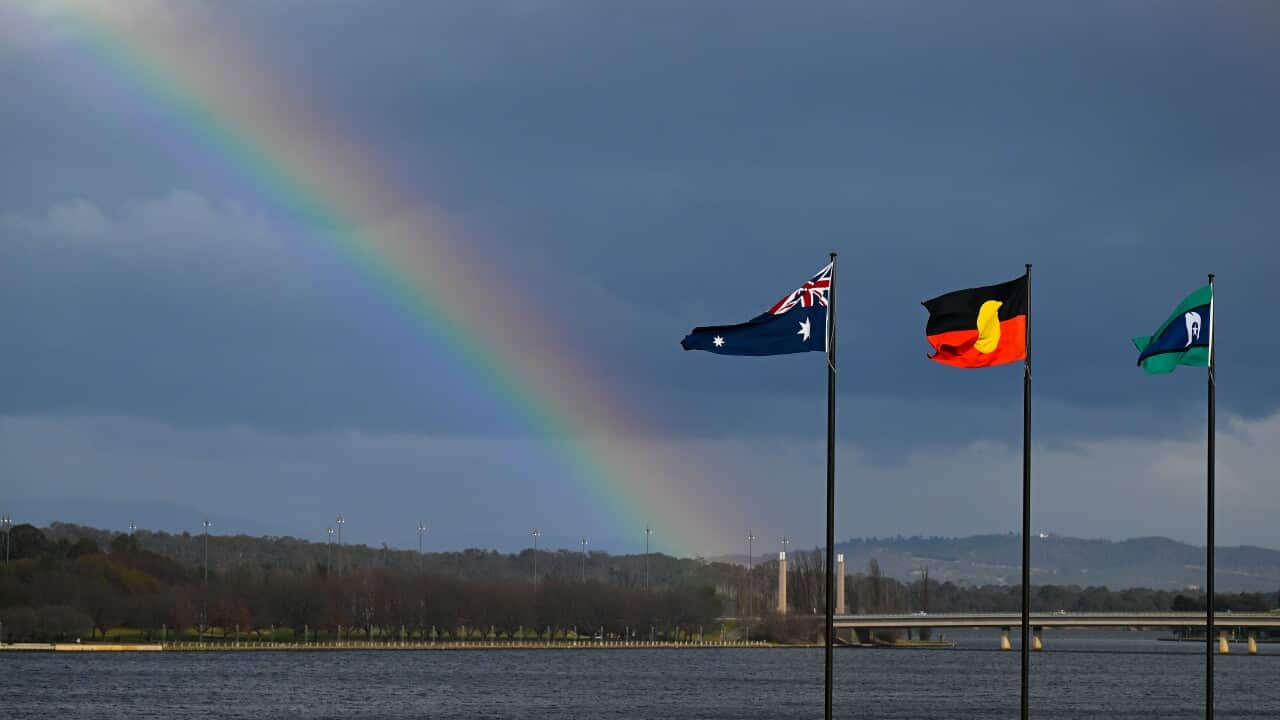TRANSCRIPT
Russia launched one of its largest air assaults on Ukraine, striking over half of the country's regions with missiles and drones, killing at least six people and wounding dozens.
The attacks, which targeted power infrastructure and caused widespread blackouts, prompted nationwide air raid alerts, as people sought refuge in underground tunnels and metro stations.
Ukraine's air force chief, Mykola Oleshchuk, confirmed that Russia launched 127 missiles and 109 drones, calling it the most massive aerial attack.
Ukraine managed to intercept 102 missiles and 99 drones.
Previously an attack last December, when 158 missiles and drones were fired at Ukraine, had been considered the largest attack so far.
Ukraine's President Volodymyr Zelenskyy says the missile strikes originated from several sites, including the border areas of Kursk and Belgorod, as well as from the Black Sea and Crimea.
He says at least 15 regions across the country have been struck in the attack.
"It was one of the heaviest strikes – a combined one. More than a hundred missiles of various types and about a hundred drones. And, like most previous Russian strikes, this one was just as vile, targeting critical civilian infrastructure. Most of our regions – from the Kharkiv region and Kyiv to Odessa and our western regions."
He is calling on the West to supply his country with long-range missile capabilities.
"Each of these strikes repeatedly brings us back to the task of long-range capabilities - the need to provide our defence forces with enough long-range weapons that can destroy terrorists exactly in the areas of their strikes."
Poland's Deputy Defence Minister, Cezary Tomczyk, says his country activated its air force after an object, likely a drone, entered its airspace during the attack.
"Today there were very massive air raids from the Russian side on the territory of Ukraine, a dozen or so strategic Polish bombers took off. We have been informed since the morning hours through military channels that very intensive air raids are ongoing not only on Kyiv, but also on Lviv close to the border with Poland."
Poland has been on high alert for objects entering its airspace since a stray Ukrainian missile struck the southern Polish village of Przewodow in 2022, killing two people.
NATO, of which Poland is a member, condemned the attacks, calling Russia's actions irresponsible and potentially dangerous.
The United States has also condemned the attack, with National Security Council spokesman John Kirby vowing to continue to bolster Ukraine's defence capabilities.
"We condemn in the strongest possible terms Russia's continued war against Ukraine and its efforts to plunge the Ukrainian people into darkness. As the fall here sits upon us, and as winter approaches, as the president has said, Russia will never succeed in Ukraine and the spirit of the Ukrainian people will never be broken. We're going to continue to lead that coalition of more than 50 countries in providing much needed military equipment for Ukraine. That certainly includes air defence systems and interceptors, which prove so critical in helping defend Ukraine against these attacks. ... We're also surging energy equipment to Ukraine to repair what Russia has damaged and to strengthen the resilience of Ukraine's energy grid."
This assault follows Ukraine's recent successful incursion into Russia's Kursk region, with Russian forces aiming to crush Ukrainian morale and demonstrate its continued capability to inflict suffering on the population.
Although the primary focus of this attack was on Ukraine's energy infrastructure, it's likely they aimed to weaken another critical resource: the Ukrainian people's morale.
The recent successful incursion by Ukrainian forces into Russia's Kursk region had bolstered national spirits.
However, with the strikes on Monday, Russia sought to deliver a harsh reminder to Ukrainians and Western leaders that it still holds significant power in this conflict.













